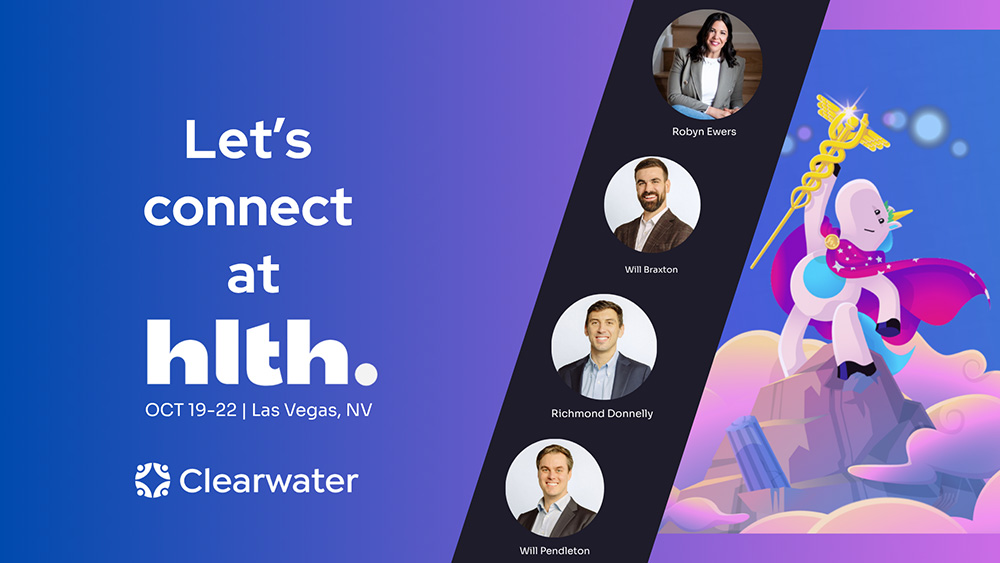Voice analysis in mental health looks at sound features of speech like tone, pitch, speed, and intonation. These changes in voice may show signs of mental health conditions such as depression, anxiety, or post-traumatic stress disorder (PTSD). Traditional assessments often depend on doctors’ opinions and what patients say, but voice analysis uses objective data to screen for mental health problems. Recent studies by AI startups and universities show the potential of voice AI tools. For example, Kintsugi Health, a company in the U.S., trained AI models on over 250,000 voice recordings to find voice patterns linked to depression and anxiety. Their system can detect these conditions with nearly 80% accuracy, which is better than the roughly 50% accuracy rate of general doctors using regular methods. Ellipsis Health also uses short voice samples to analyze speech for common mental health conditions. Their AI looks for subtle changes in voice that often go unnoticed but connect with emotional and thinking states. This helps doctors diagnose and plan treatments with more consistency. These technologies can offer scalable, anonymous, and non-invasive screenings. Patients can send voice samples from home through telehealth platforms or apps. This makes it easier for people in remote areas or those worried about stigma to get mental health checks. Current Impact and Clinical Applications in the United States The United States faces a shortage of mental health professionals. According to the World Health Organization, many low-income areas have fewer than one psychiatrist for every 100,000 people. This causes long waits and less chance for early help. AI voice analysis tools support doctors and speed up patient screening. In tests and real-world use, AI voice analysis has shown it can find patients who need urgent care. For example, when Kintsugi worked with a large U.S. insurer, about 80% of patients agreed to use voice screening, much higher than the expected 25%. This shows many patients are open to AI tools when they are easy to use during usual care. Voice AI also lowers errors in diagnosis and unnecessary treatment changes. The U.K.’s Limbic Access, although mainly used in the U.K., is a good example for the U.S. Limbic Access has screened over 210,000 patients, with 93% accuracy for common disorders and a 45% cut in changes to treatment plans. The tool saves doctors about 40 minutes per patient assessment, helping clinics see more patients and reduce backlogs. Research from the National Center for Supercomputing Applications (NCSA) and the University of Illinois College of Medicine Peoria supports using short verbal fluency tests—speech samples about one minute long—to detect anxiety and depression with machine learning. This makes voice analysis a quick and useful screening method that can ease some pressure on mental health teams by allowing fast checks and early help. Technical Features and Data Privacy Considerations Voice AI systems use machine learning models built from large, carefully gathered datasets. These datasets include many types of speakers and clinical conditions. Usually, people with speech disorders are not included in training to improve the detection of mental health-related voice patterns. New AI models also focus on explainability, helping doctors understand how specific voice features link to mental health. Privacy and ethics are important when using voice AI in healthcare. Collecting voice data can have risks like data theft, misuse of health information, or loss of patient privacy. Bias can happen if the training data do not represent all groups fairly, which may cause unfair treatment decisions. Rules such as the Health Insurance Portability and Accountability Act (HIPAA) in the U.S. provide guidelines to protect patient information. Other safety steps include data encryption, federated learning (training AI on many devices without sharing raw data), and clear algorithm designs. Mental health providers and IT teams should use these practices to keep trust and protect patient data. ✓ HIPAA-Compliant Voice AI Agents SimboConnect AI Phone Agent encrypts every call end-to-end – zero compliance worries. Connect With Us Now Integrating AI Voice Analysis and Automating Clinical Workflows Medical administrators and IT managers can use AI voice analysis to improve workflows, reduce paperwork, and use resources better. Automated Patient Screening:AI voice analysis can be used when patients first arrive or for ongoing remote check-ins. It helps find patients who may have mental health issues before they see a doctor. This speeds up care and reduces wait times. Clinical Decision Support:Voice AI can connect with electronic health records (EHR) to give doctors real-time analysis during visits. This means doctors get useful information about speech changes without extra work. It helps make diagnoses and treatments more consistent. Documentation and Reporting:AI can help write clinical notes automatically. It can record conversations and pick out mental health signs. This frees up doctors to spend more time with patients and helps meet healthcare rules. Remote Monitoring and Telehealth:With telehealth on the rise, voice analysis can track mental health from home. Patients can send voice samples using apps, giving doctors ongoing data to adjust treatment quickly. This approach can lower hospital visits and help manage long-term conditions. Patient Engagement and Education:Adding AI tools to patient portals can help patients learn and stay involved in their care. Instant feedback from voice tests helps patients notice early signs and seek help sooner. This is important because many people avoid mental health care due to stigma. AI Call Assistant Skips Data Entry SimboConnect recieves images of insurance details on SMS, extracts them to auto-fills EHR fields. Start Building Success Now → Challenges and Considerations for U.S. Healthcare Providers Even with its benefits, using voice AI in mental health care has challenges. Doctors worry about trusting AI alone because sometimes AI gives wrong or made-up results. The human part of therapy—empathy, feelings, and judgment—cannot be replaced by machines. Mental health diagnosis and treatment are controlled by laws, so AI tools need to pass strict tests and approvals. For example, Limbic Access is approved as a medical device in the U.K., but similar approvals will be needed in the U.S. Healthcare leaders must carefully check if AI voice analysis






